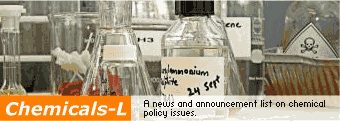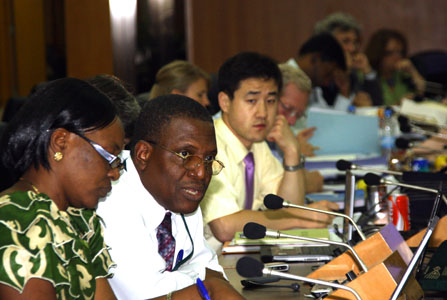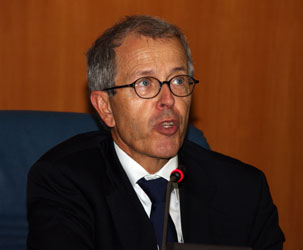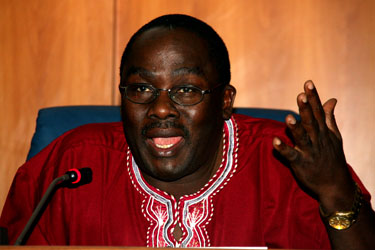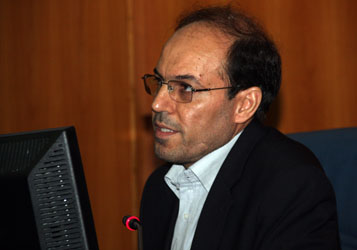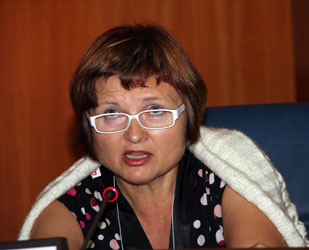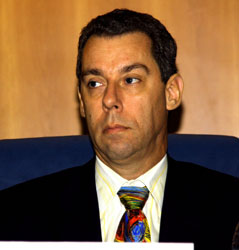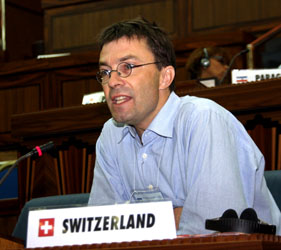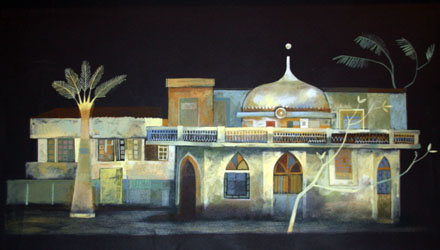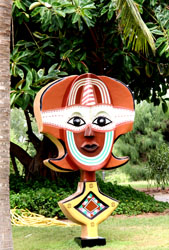|
|
PLENARY:
|
|
|
|
|
|
|
|
|
SUBSTITUTION AND ALTERNATIVES:
|
|
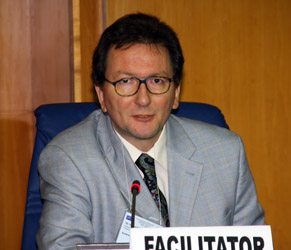 |
|
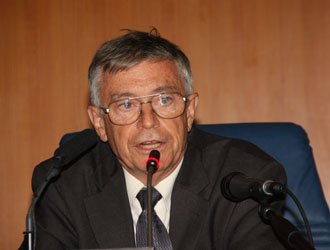 |
|
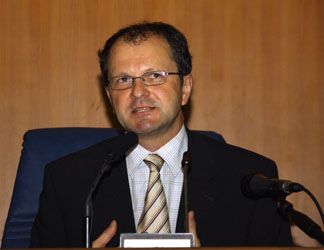 |
| Delegates
convened in a plenary session on substitution and
alternatives, facilitated by Michael Wittmann,
Austria. |
|
|
| Ken
Geiser, University
of
Massachusetts Lowell, discussed substitution opportunities and practices. |
|
|
| Lothar
Lißner,
Cooperation Centre Hamburg, highlighted the principle of substitution in the EU
and said the European legal framework is close to
ideal in this respect. |
|
|
|
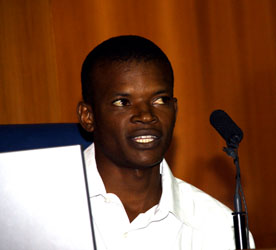 |
|
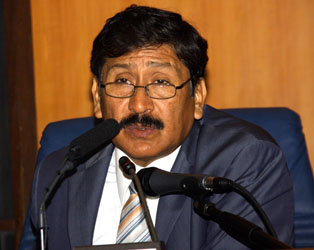 |
|
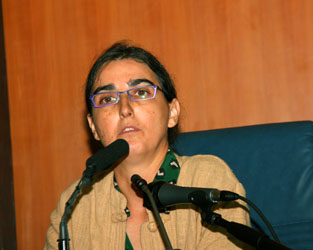 |
| Richard
Kiaka, iLima, discussed the challenges facing
developing countries in implementing substitution
strategies, highlighting: weaker capacity in research
and development; limited public awareness and education;
low financial capacity; and economic investment which
favors established industries. |
|
|
| Jorge
Perez, National Cleaner Production Center of
Mexico, explained how the chemical leasing business
model can increase substitution of hazardous chemicals
and reduce consumption of raw materials while
increasing the economic benefits for the supplier and
user. |
|
|
| Dolores
Romano, Instituto Sindical de Trabajo, Ambiente y
Salud (ISTAS), presented on her institute's work to
promote substitution. |
|
|
|
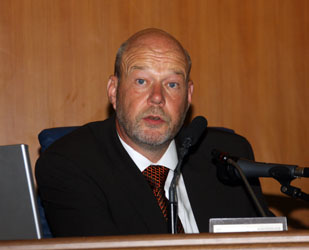 |
|
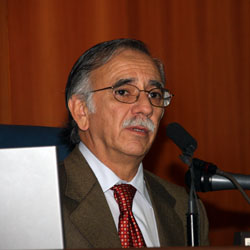 |
|
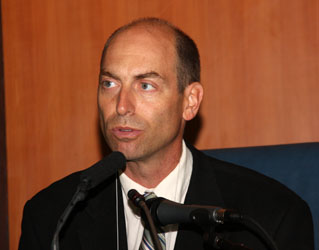 |
| Michael
Streek, Schülke & Mayr GmbH, discussed the
perspective of a manufacturer of disinfectants. |
|
|
| Jorge
Mendez-Galvan,
Mexico presented on lessons learned to phase out DDT from Mexico's malaria control programme and urged reducing
insecticide use and respecting ecology. |
|
|
| Joel
Tickner, Lowell
Center
for Sustainable Production, discussed the challenges
of substitution and the tools needed to support
implementation and innovation. |
|
|
|
|
|
|
|
INTERNATIONAL TRANSPORT OF LEAD AND CADMIUM VIA TRADE:
|
|
|
TRADE RELATED DISPERSAL OF LEAD AND
CADMIUM:
|
|
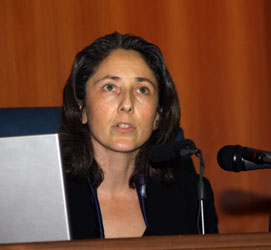 |
|
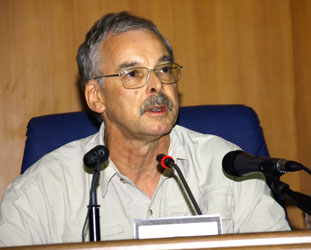 |
|
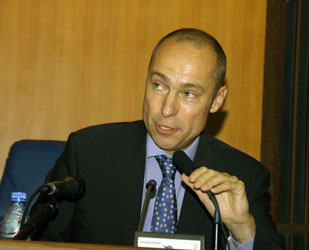 |
| Erika
Rosenthal, CIEL, discussed the "thought
starter," explaining that it identifies some risks
to human health and the environment that may be
directly traced to international trade in lead and
cadmium commodities, compounds, products and wastes. |
|
|
| Brian
Wilson, International Lead Management Centre,
discussed lessons learned from lead risk management. |
|
|
| Patrick
de Metz, International Cadmium Association,
outlined the main cadmium sources, including through
extraction during zinc mining; natural release; and as
an impurity in commodities. |
|
|
|
|
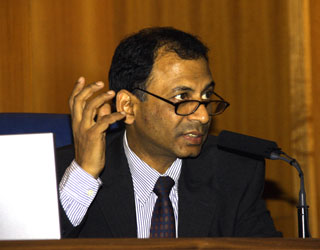 |
|
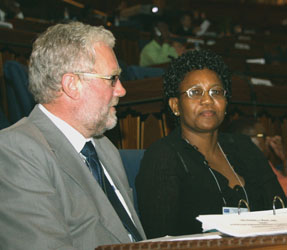 |
|
|
| Ravi
Agarwal, Toxics Link, discussed global transport
of lead and cadmium through e-waste such as computers
and mobile phones. He said products are manufactured,
assembled and marketed globally and are often disposed
of in the South. |
|
|
| Kaj
Madsen, UNEP, and Anne Nkwimba Magashi, ARSCP,
presented a study on the effects of trade in lead,
cadmium and mercury on human health and the
environment in
Africa. |
|
|
|
|
|
EXPERIENCES AND CASE STUDIES:
|
|
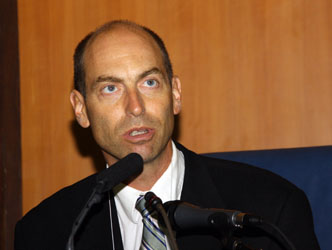 |
|
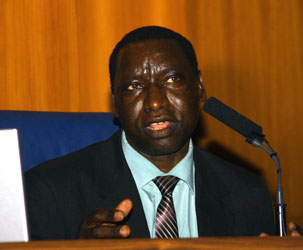 |
|
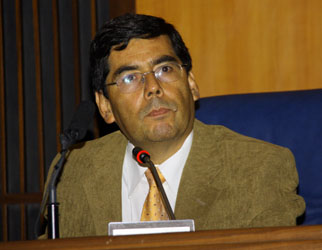 |
|
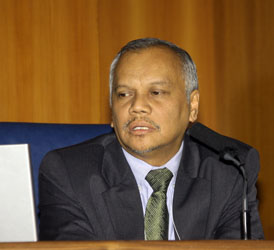 |
| Joel
Tickner, University
of
Massachusetts Lowell, discussed concerns about toxic substances in
consumer products, including toys. |
|
|
| Michael
Musenga,
Zambia, outlined efforts to reduce heavy metal exposure in Zambia which occur in paints, fertilizer and fossil fuels.
He highlighted the development of national minimum
standards and efforts to harmonize and implement
standards. |
|
|
| Jaime
Delgado Zegarra, Peruvian Association of Consumers
Unions, highlighted concerns over presence of lead in
toys and school pencils. |
|
|
| Ibrahim
Shafii, Basel Convention Secretariat, explained
how the Basel Convention on the Control of
Transboundary Movements of Hazardous Wastes and their
Disposal engages with lead and cadmium |
|
|
|
|
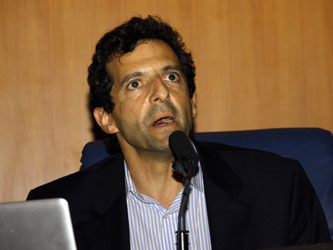 |
|
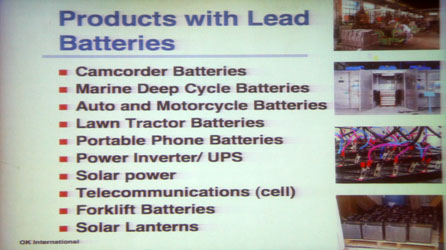 |
|
|
Perry
Gottesfeld, OK International, emphasized the need to
complement national collection systems for lead batteries by
certification schemes in order to address the increasing
problem of lead poisoning in developing countries. |
|
|
|
WORKING GROUPS:
|
|
FUTURE OF THE IFCS:
|
|
|
|
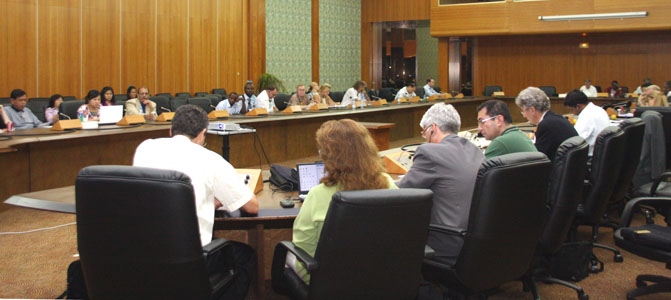 |
|
|
|
|
The
working group on the future of the IFCS reconvened in an
evening session. Based
on informal discussions held throughout the day, two regional
groups said they could consider the third option as a basis
for discussion on the condition that elements safeguarding the
integrity of the Forum are incorporated. |
|
|
|
|
| NANOTECHNOLOGY: |
SUBSTITUTION: |
|
|
|
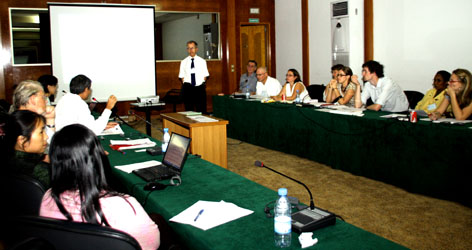 |
|
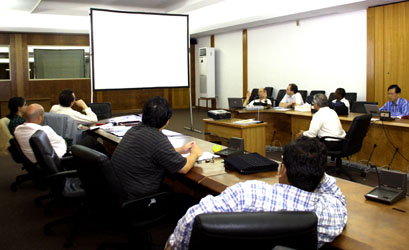 |
|
|
| The
working group on nanotechnology reconvened on Wednesday
evening and delegates
agreed to use the draft statement produced on Tuesday as the
basis for further discussion. |
|
Chaired
by Michael Wittmann,
Austria, the drafting group on substitution and alternatives met in
the evening to discuss the draft
Dakar
recommendations on substitution and alternatives. |
|
|
|
|
|
LEAD AND CADMIUM:
|
|
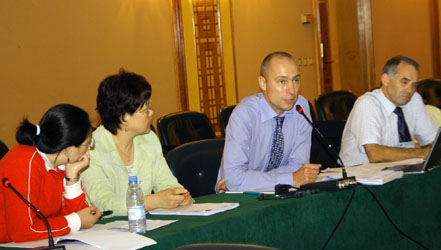 |
|
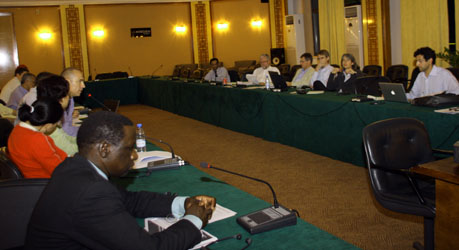 |
| The
working group on lead and cadmium chaired by Reiner Arndt,
Germany, convened in an evening session. Delegates began the
session by considering whether these chemicals pose
unacceptable risks to human health and the environment,
initially focusing on waste disposal in developing countries. |
|
|
|
|
|
|
|
|
